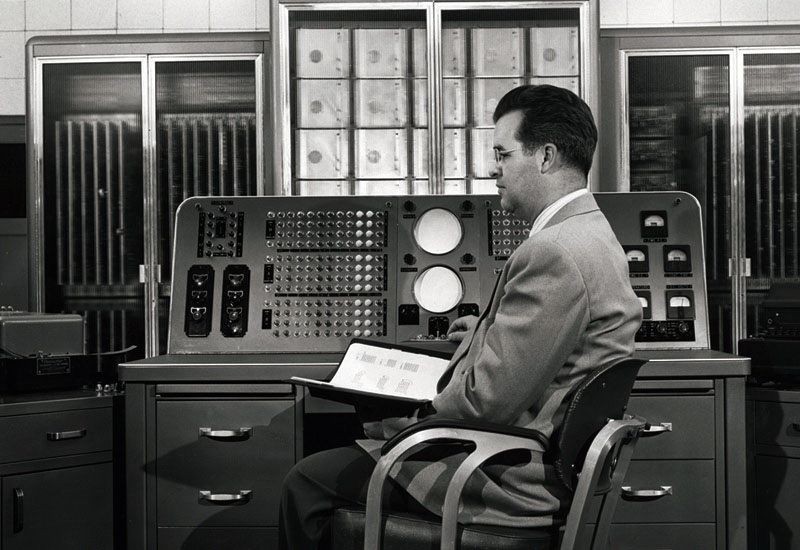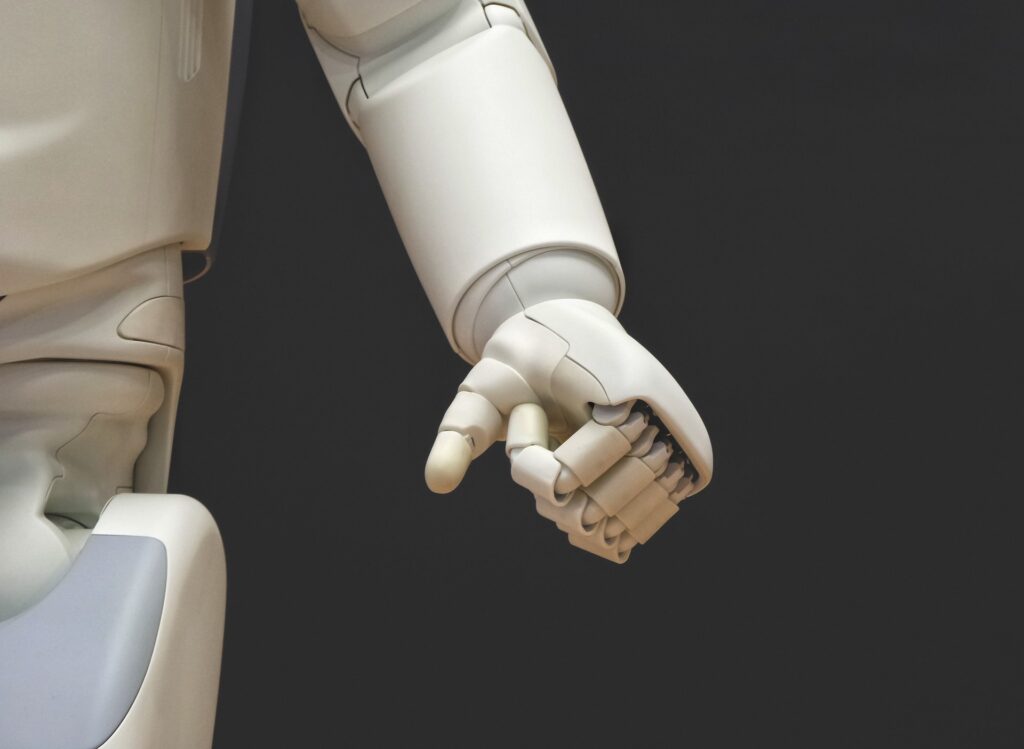It can be difficult for us to marry together the notions that artificial intelligence could ever offer more than a purely practical advantage to its users. It has so far been widely deployed to make life more efficient in what amounts to, for many, a superficial way.
There is, however, the scope for it to have far more of an impact on our lives – and on a mass scale that extends to almost every corner of the earth. Already, its influence is being felt beyond the trivial – and we can expect to see far more development in this arena in the coming years. However, before we move to that point, it would be good to talk a bit more about everything that happened in the past. Understanding the past and the progress of artificial intelligence will help you understand what we can expect from it in the future. Let’s find out more details together
The first Half of 20th Century

Artificial intelligence is not something that developed for a couple of years. Its progress started in the first half of the 20th century when scientists represented intelligent robots to the world. The first invention was “Heartless Tin” inspired by the character we all remember from the Wizard of Oz. After a couple of years, Alan Turing, an experienced polymath discovered a mathematical possibility that confirmed artificial intelligence can succeed one day. He believed that robots, just like humans, can gather the necessary information and make decisions or solve problems they are dealing with.
Everything sounded good in theory, but in reality, it was still not time to think of that type of technology. The computers before the 1950s were still not good enough because they couldn’t store commands. More precisely, they could understand the command, but there was no way they could remember it and repeat it in the future.
But, One Conference Changed Everything

During the Mid 50s, three scientists, Herbert Simon, Cliff Shaw, and Allen Newell, developed a so-called Logic Theorist. It was a software that had the capacity to mimic all the problem solving skills that people have. That is probably the first AI program that the planet Earth got. Logically, that type of researched grabbed the attention of the best researchers around the world as well as people that were willing to invest in that type of project.
Did everything end well? Not quite. Many people that attended the conference simply didn’t believe that Artificial Intelligence is even achievable. That is the reason why, between 1957 and 1974, artificial intelligence started to improve a lot slower then some scientists would expect. The good news is that computers improved a lot during that period, and there were many signs that the final goal is going to be achieved sooner or later. That is the reason why 80s were crucial years for AI because many investors were willing to invest their money in the projects that were trying to improve this innovation.
How Far Can it Go?
It is one thing to recognise that artificial intelligence is on track to alter the ways in which we interact with, say, our computers and phones – even, as we will discuss below, our cars. It is another thing altogether, however, to comprehend quite how impactful artificial intelligence can be
The ways in which artificial intelligence and tech can be utilised to improve our lives – and to support not only the needs we acquired in the twenty-first century, but also our most basic needs that continue to go unmet in areas around the world – are nothing short of awe inspiring. Beyond adding a virtual assistant to the corner of our homes, or speeding up the process of chatting with a customer service agent, artificial intelligence can be deployed at the forefront of medical and scientific research, and application.
AI has come a long way from the days of beating chess geniuses at their own game, and we should all feel assured by the prospect of a future where innovative new applications for AI find a home in some of the most disadvantaged areas of life.
Where is it Now?

Artificial intelligence represents an amorphous concept, capable of being deployed to great effect in more ways than we could ever recount in a single article. Most commonly, we hear about it in relatively trivial ways; it sorts our content algorithms on, say, music and movie streaming services, or answers those burning trivialities that pop into our heads when we are relaxing at home.
This is, of course, incredibly valuable to many businesses, but it is only half the story. In the medical world, AI can be utilised to make rapid diagnoses based on more information than an entire team of medics could pour through in a week; in research, it can be deployed in a similar way – scanning for that one piece of information that could tip the scales for a remarkable discovery.
Anywhere where human innovation needs to be supported by an unrelenting framework of knowledge, access, and instantaneous delivery, AI has – and will – prove indispensable. So, while it is still the human beings in the driving seat, they can get where they need to be much faster, and much safer, with the purpose-built support of artificial intelligence.
Related Posts:
- The Impact of Artificial Intelligence on Web Design Agencies
- How Online Casinos are Using Artificial Intelligence…
- How Artificial Intelligence Developed the iGaming Industry
- Why a Casual Business Dinner Can Be More Powerful…
- 4 Ways Sex Toys Can Impact Relationships in 2024
- A Practical Guide to Choosing Secure Mobile App…







